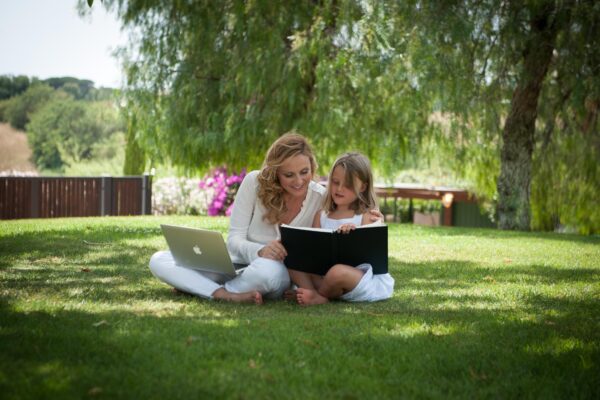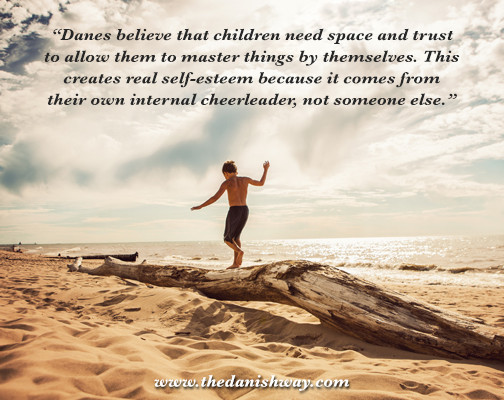As my family and many other families across Europe head into our second week of lockdown due to the coronavirus, it seems much of the world is following suit. In these challenging times, I thought it would be useful to share some strategies from The Danish Way of Parenting’s acronym PARENT that have helped my family, and hopefully can help yours should this happen where you live.
1. PLAY Stock-up on board games, LEGOS, arts and crafts, gardening ideas for indoor or outdoor, fun ideas for movement, cooking, baking, creating etc. You will have a lot of time on your hands and this is an ideal time for play.
2. AUTHENTICITY Be as honest as possible about what is going on, but stay calm. It’s important to talk to your children openly in an age appropriate but not to over-dramatize. We are the lighthouse sending out clear signals for our children to navigate their worlds. There are many things we can do to prepare and protect ourselves, so be open and honest, but also try to be a beacon of hope and safety, not fear and panic if you can avoid it.
3. REFRAME Try to reframe the situation for yourself and your kids. That is, focus on the positive details. Look for all the people who are pulling together in this moment and how much community this is creating. Instead of focusing on the negatives, see the benefits of re-focusing our priorities and enjoying this time together as a family. I went from feeling like a prisoner in our home to being part of Little House on the Prairie. We are all pulling together and it’s actually really good for us! There is nothing we can do about what is happening, so we have decided to enjoy it as much as we can. The way we choose to see the situation will have a profound effect on how we experience it and this affects our own and our children’s wellbeing.
4. EMPATHY Practice empathy-this goes for our children but also how we see our fellow human beings. We aren’t taking all these measures for ourselves per se, but for all the people who are elderly, weaker or suffer from diseases that can weaken the immune system. Staying inside or practicing social distance may be challenging for us, but let’s talk about thinking of others and taking care of each other together. Practice putting ourselves in others’ shoes. This is exactly how we foster empathy and this is a great lesson for all of us now. Remember, when we replace the “I” with “we” even illness becomes wellness.
5. NO ULTIMATUMS Keeping the big lines of parenting clear during this time is very helpful. This is one of the ways we can avoid going into power struggles with our children. Keeping a routine, for example, helps children feel more in control of their environment and know what is happening and what to expect. We have implemented a routine at home for school, play, hygge, chores and screen time. Although there is flexibility and this is an outline, the overall picture and boundaries are clear. This way, children are able to have some choices and feel in control of their environments, but the big lines of parenting are understood for everyone. This is really helpful in avoiding those no ultimatum moments.
6. HYGGE, HYGGE, HYGGE! These are the times to really see the family as a team and enjoy the opportunity for cozying around together. This “togetherness” is paramount and one of the key ways we can reframe this difficult time. We may even become stronger as a family through this and hygge can be a big part of creating this. The key is being present in the moment and seeing the family as a team. It’s not mindfulness it’s “we fulness” and its very recharging for the heart and soul. This is something we could all use in these times.





